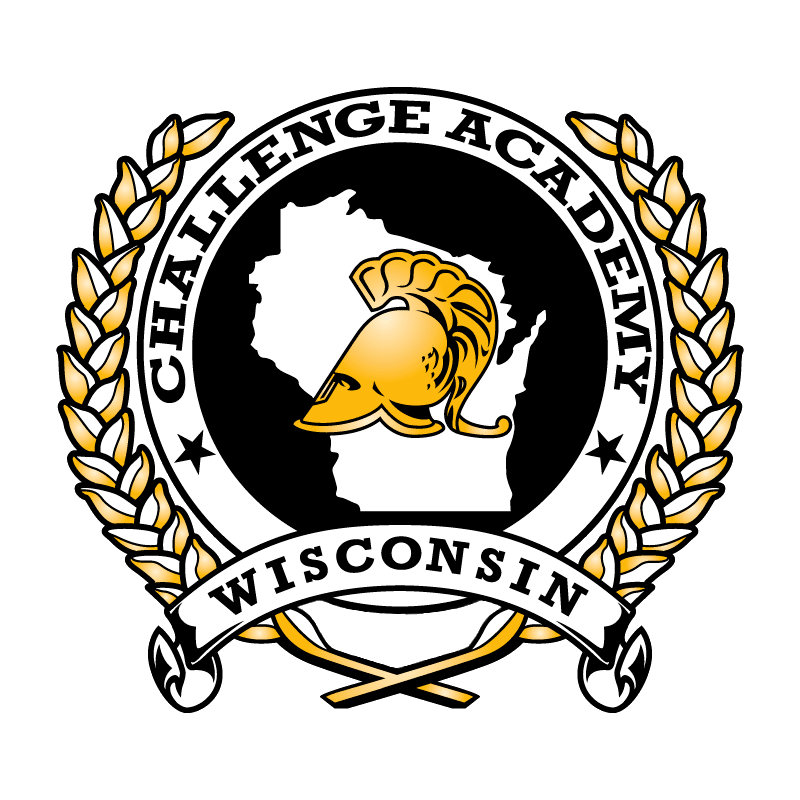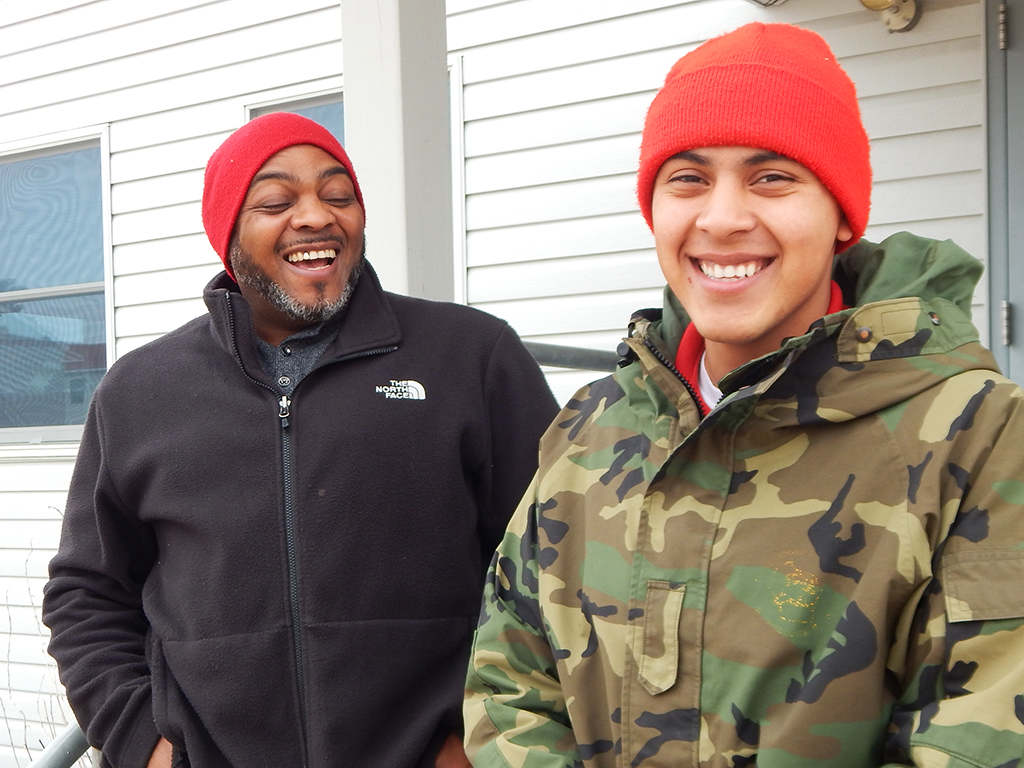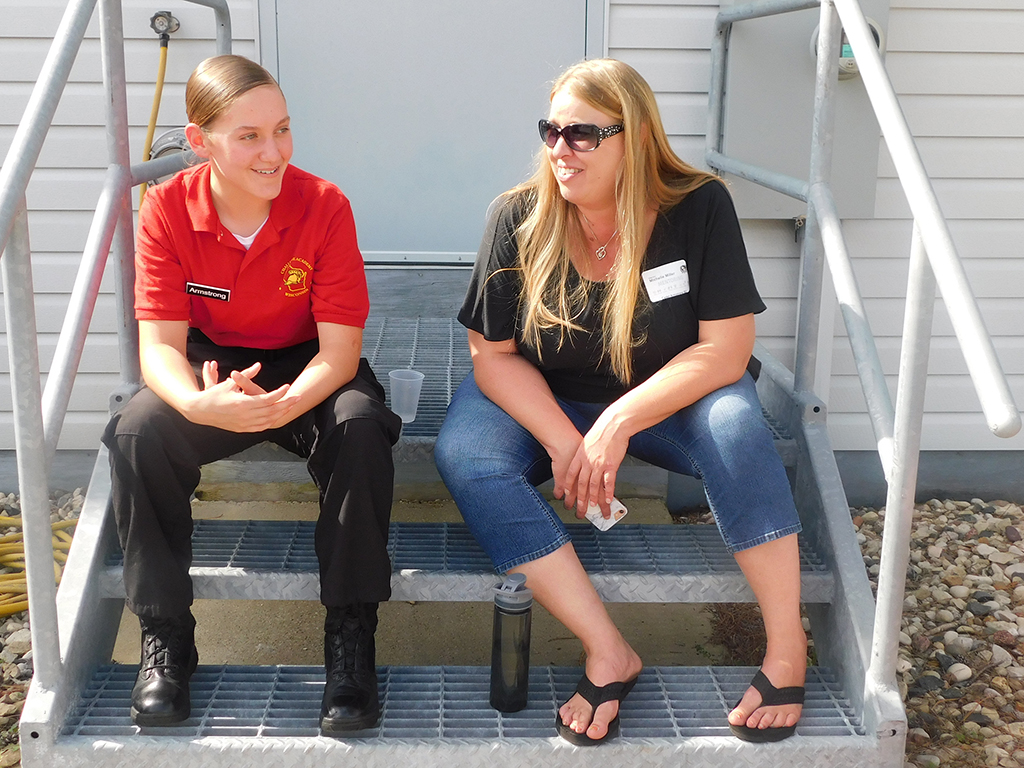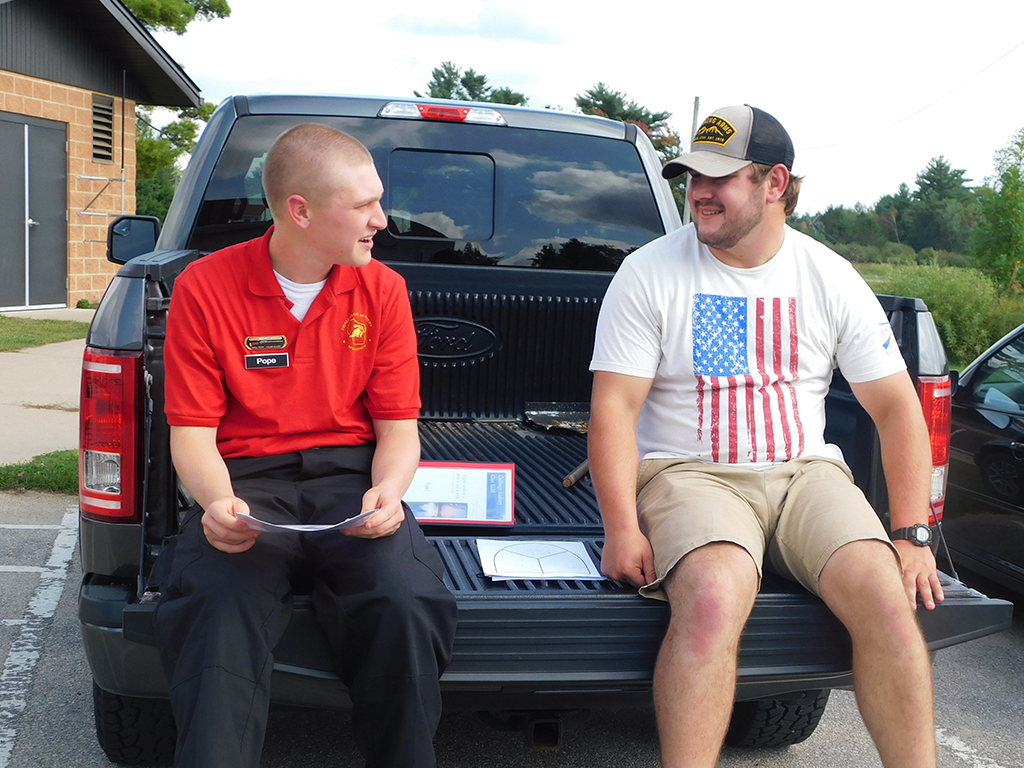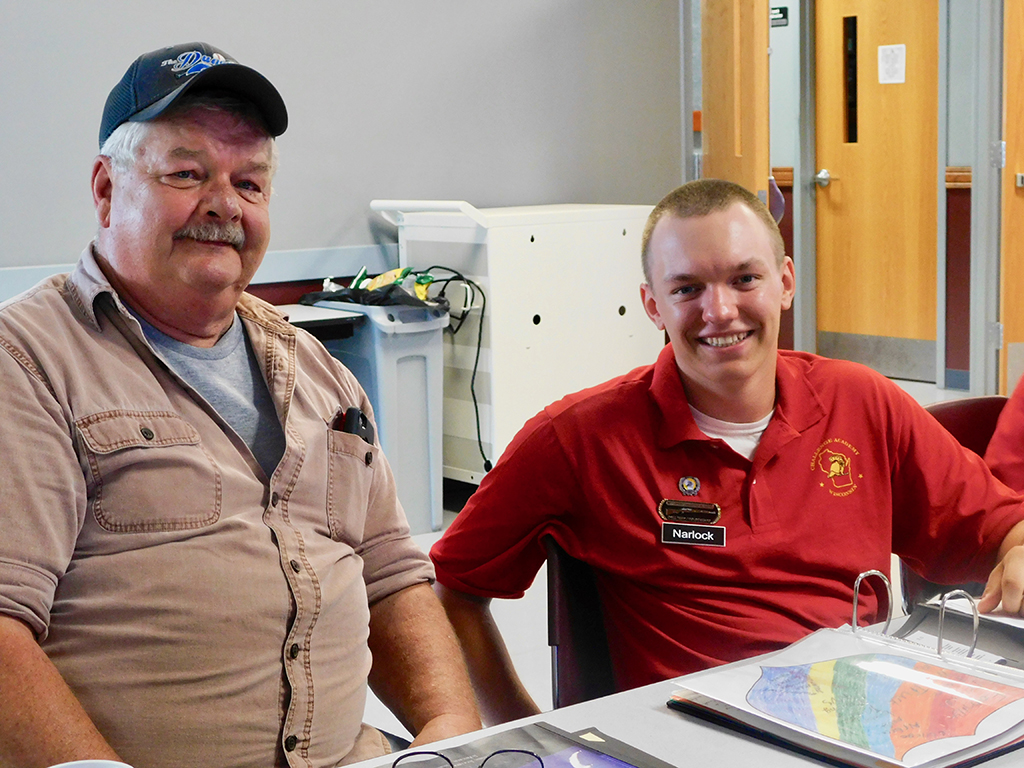Mentors play a key role in helping our Cadets succeed after they have graduated and are back in their home environment.
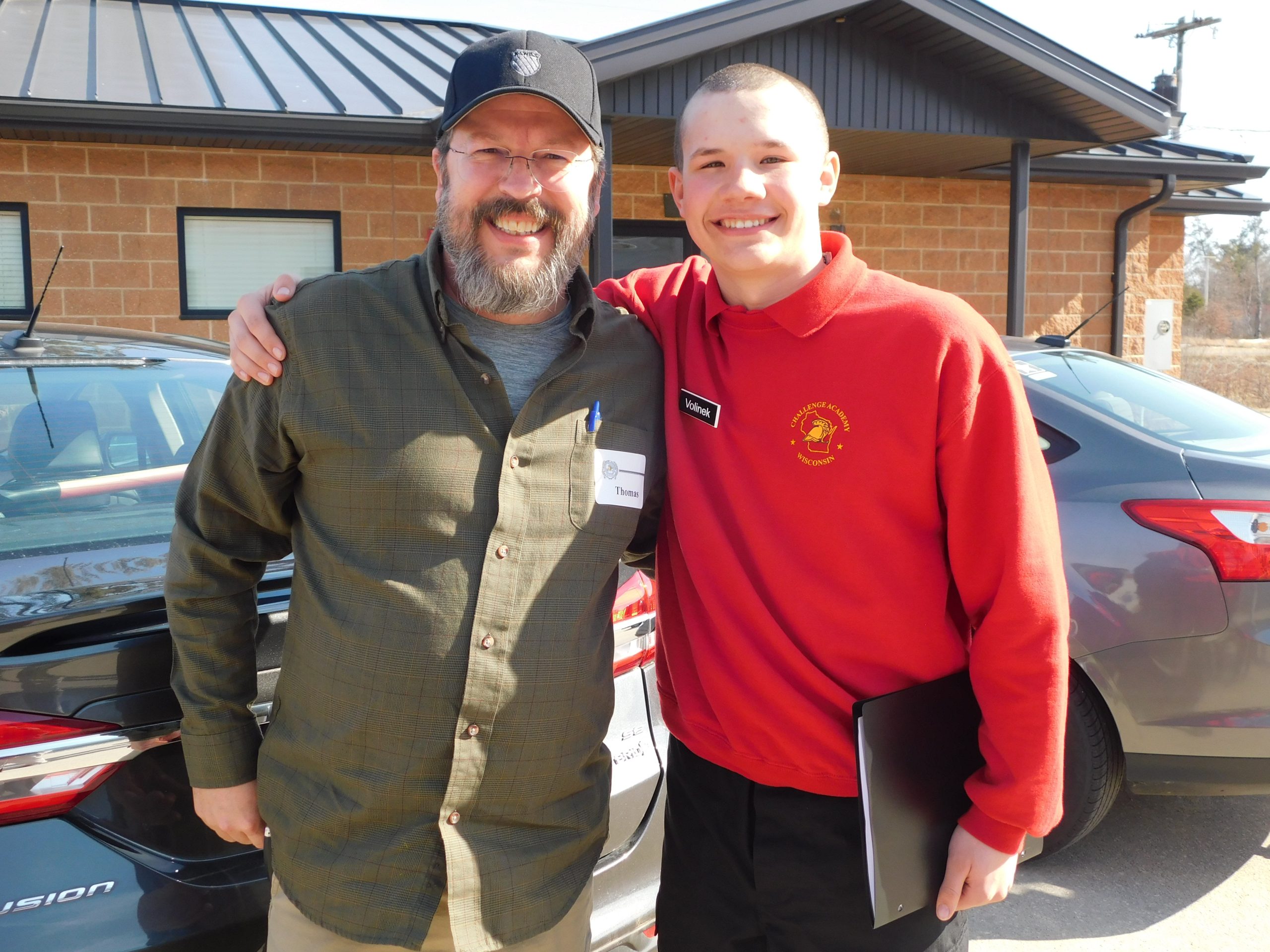
The primary goal of the mentoring component is to assess and match each Cadet with an unrelated adult in the community in an effort to develop a sustained relationship. The Cadet and family are asked to nominate a volunteer from their community to be the Cadet’s mentor. This adult acts as a friend, companion, supporter, and role model to the Cadet while engaging in activities of mutual interest. The mentor reinforces the new skills of the Cadet and acts as a catalyst to personal growth and achievement.
Mentors are asked to help guide and counsel the Cadet as they begin the transition to employment, higher education, vocational training, military, or completing the high school diploma. Mentoring is an act of community building. Mentors are entrusted with molding a young person into a contributing and productive member of society. Mentoring is the process of sharing personal knowledge, experience, and skills with a less experienced youth. It is a big but rewarding commitment. During the Post-Residential Phase, mentors must have a minimum of four hours of contact per month with their Cadet. Mentors are required to submit monthly reports to the Challenge Academy, providing information on the progress of Cadets with their Post-Residential Action Plans (P-RAP).
Mentoring FAQ
Below are answers to frequently asked questions regarding the mentoring aspect of the Academy.
- Same gender as the applicant
- At least 21 years of age
- Not an immediate family member (parent, step-parent, sibling, step-sibling
- Not someone living in the same household
- Ideally lives within driving distance
- Someone who will provide support, friendship, counsel, and reinforcement
- Must pass a background check
- Must be responsible and dedicated
- Must be willing to visit cadet at Fort McCoy at least twice during the residential phase
- Mentor Matching
- P-RAP Engagement
- Commit to spend 14 months in consistent contact with each other.
- Agree to have four units of contact together each month, in person, by phone, e-mail/internet, or letter.
- Work together in development and execution of the Cadet’s Post Residential Action Plan.
- Conduct a monthly review of the Cadet’s Post Residential Action Plan.
- Stay in contact with Challenge Academy staff and submit at least monthly P-RAP Progress Reports throughout the duration of the Post-Residential Phase.
- As necessary, provide documentation to Challenge Academy staff verifying Cadet’s placement (employment, education, military, Job Corps, AmeriCorps, etc).
- Notify each other in advance if it is impossible to keep an appointment.
- Do our best to get to know, trust, respect, and communicate with each other.
- Complete at least one service to community project together each quarter during the Post-Residential Phase.
- Coordinate with the ChalleNGe Academy staff if the Mentor-Cadet match must end early for any reason.
- Complete an Exit Interview by phone, mail, or e-mail at the completion of the Post Residential Phase (mentors).
Mentoring Timeline
Application/Early Residential PhaseApplication Process Begins
To begin the process, potential Mentors submit the following:- Completed Mentor application.
- Two (2) completed reference forms.
Early Residential PhaseMentor Interview/Mentor Training
Mentors complete a short phone interview with admissions staff.
Mentors must then complete the required online Mentor training.Residential PhaseMentor Matching
After completion of the application requirements, Mentors and their Cadets are officially matched. Mentors will be contacted to select a date and time to complete this.
During this phase Mentors receive weekly letters/emails from their Mentees.Late Residential PhaseP-RAP Engagement
Mentors meet with their Mentees and Academy staff to go over Cadets' P-RAP (Post-Residential Action Plan). The P-RAP are the goals the Cadet has set for life after the Academy.Challenge Academ GraduationPost-Residential Mentoring Begins
The Mentoring relationship becomes key once Cadets graduate. Regular contact should be made between Mentor and Mentee. The Mentor also maintains monthly contact with Challenge Academy staff via monthly progress reports.12 Months After GraduationCompletion
The Mentoring relationship officially lasts 12 months.
